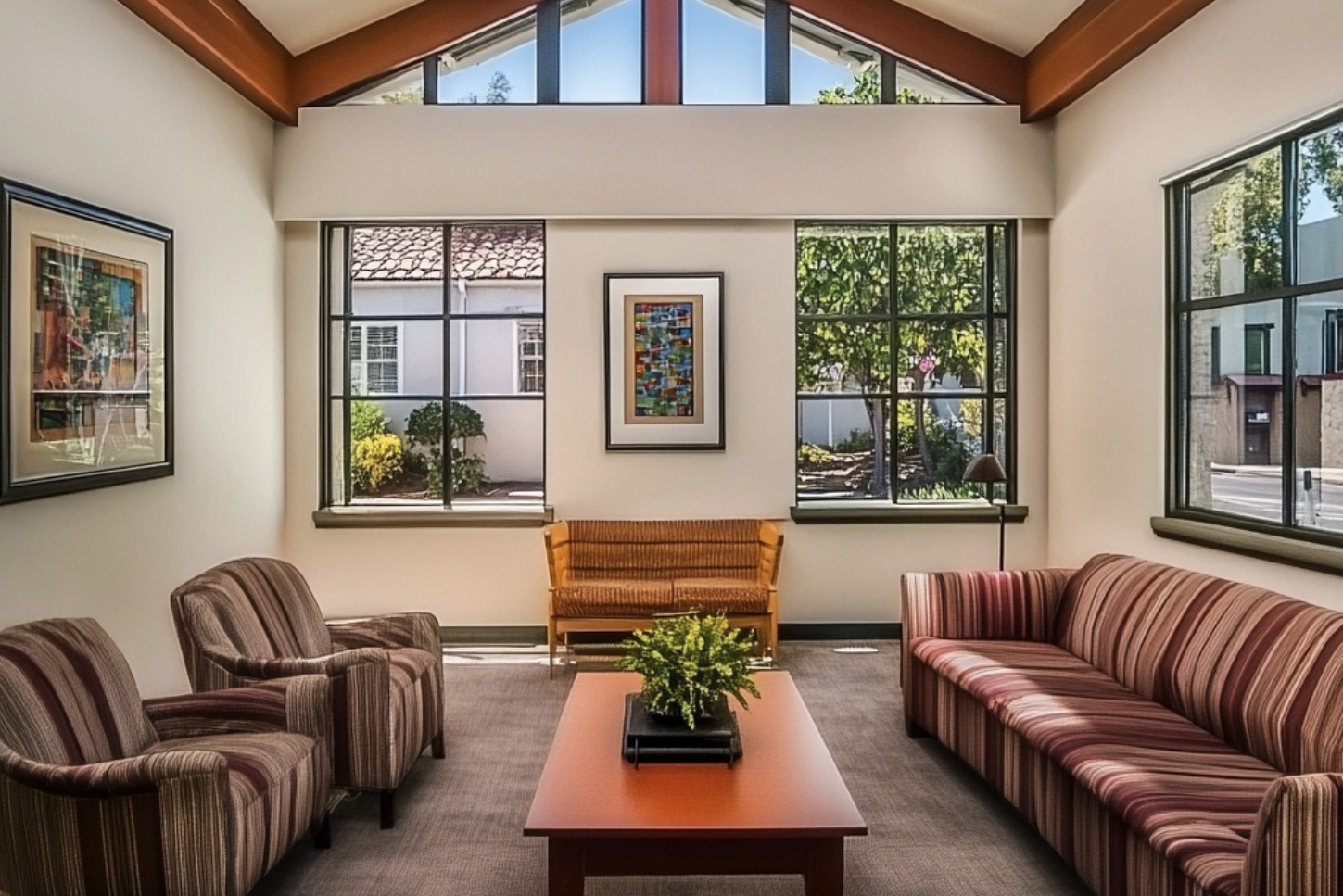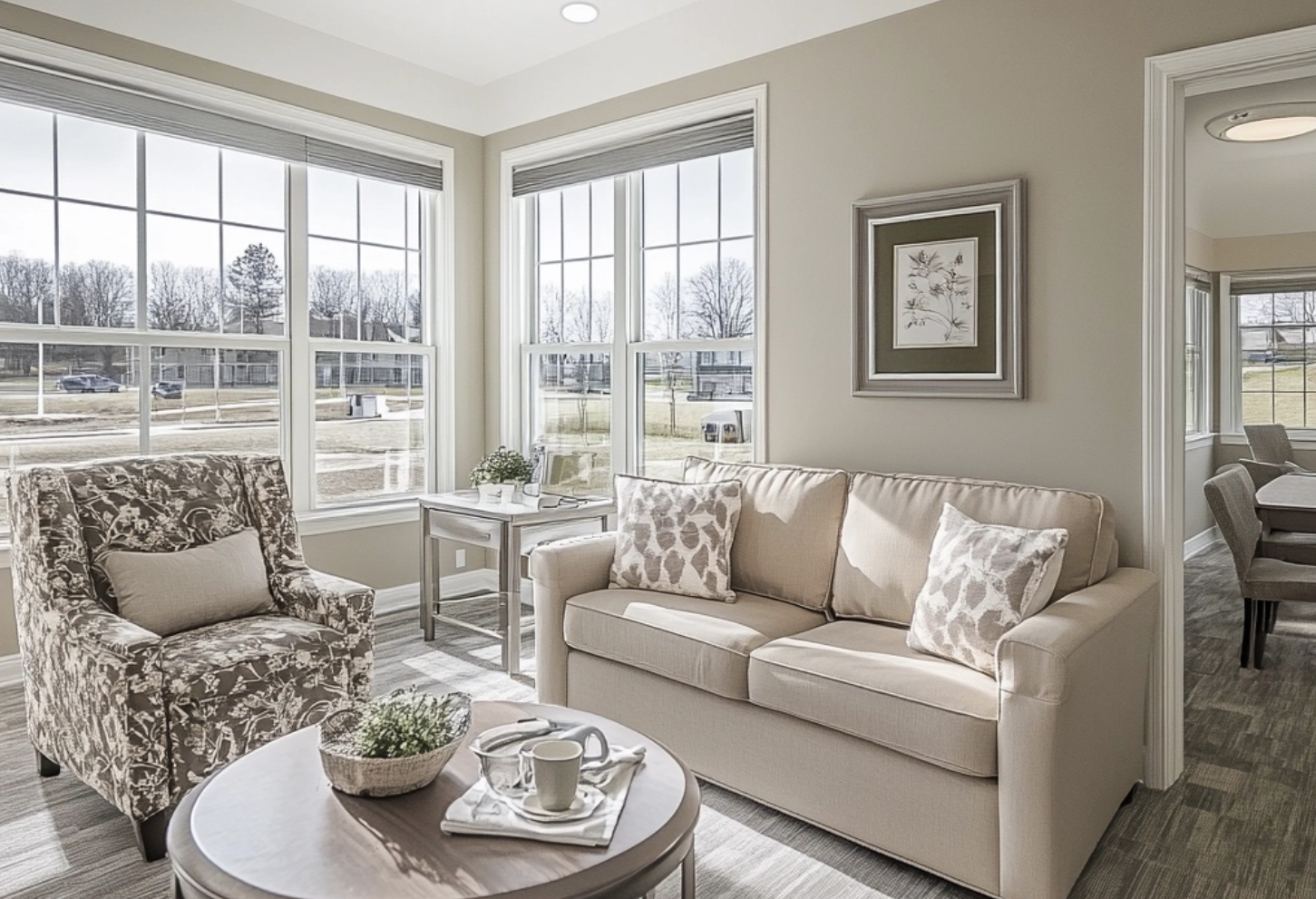Senior day care costs significantly less than other care options in 2025, with a median daily rate of $101 compared to $220 for in-home health aide services. This translates to monthly savings of thousands of dollars for families seeking quality care for their aging loved ones.
While costs vary widely across locations, from $48 per day in Alabama to $191 in North Dakota, adult day care remains one of the most affordable senior care solutions available. The average monthly cost of $2,183 makes it an accessible option for many families compared to assisted living facilities charging $187 per day.
This guide covers everything about senior day care costs in 2025, including state-by-state price comparisons, factors affecting costs, and various payment options like Medicare and Medicaid. Families can learn how to find affordable care while ensuring their loved ones receive quality service and support.
Understanding Senior Day Care in 2025
Adult day care centers serve over 260,000 American families nationwide, providing structured programs that enable seniors to maintain home routines while receiving necessary care. These facilities bridge the gap between complete independence and 24-hour skilled nursing care, offering supervision during daytime hours.
What services are typically included
Senior day care facilities operate primarily on weekdays for 4-8 hours daily, though some offer extended hours to accommodate working caregivers. The core services typically include:
- Social engagement: Activities such as arts and crafts, musical entertainment, sing-alongs, mental stimulation games like bingo, discussion groups, and holiday celebrations
- Nutrition support: Nutritious meals and snacks, with special diets accommodated for those with specific health needs
- Personal care assistance: Help with grooming, toilet hygiene, walking, and feeding
- Health monitoring: Services ranging from medication management to blood pressure checks and vision screening
- Transportation: Many centers provide or arrange transportation to and from the facility
- Caregiver support: Counseling, support groups, and caregiving education
Beyond these fundamentals, many centers also offer specialized services like physical therapy, occupational therapy, and speech therapy, especially in medically-focused programs.
Types of adult day care: social vs. health-focused
Adult day care generally falls into two main categories, though some programs blend elements of both:
Social adult day care centers focus primarily on recreational activities, socialization, and basic health monitoring. These programs suit seniors who are relatively independent but benefit from structure and companionship. Services typically include medication reminders, meals, and personal care support. These social models help combat isolation while enhancing mental and physical wellbeing through structured interactions.
Adult day health care (ADHC) offers more intensive medical services alongside social activities. These centers are staffed with medical professionals, including registered nurses, and cater to individuals with chronic medical conditions or those requiring more comprehensive care. ADHC programs provide skilled nursing services, physical rehabilitation, and more specialized health monitoring. As of 2025, medical model adult day health care programs serve thousands of seniors with conditions like arthritis, Alzheimer’s, diabetes, and hypertension.
Additionally, specialized memory care programs exist specifically for seniors with cognitive challenges such as Alzheimer’s disease or other forms of dementia. These programs feature secure environments to prevent wandering and staff with specialized training in dementia care.
How Much Does Adult Day Care Cost in 2025?
Understanding the financial aspect of senior day care remains essential for family planning. The costs vary substantially based on several factors, making examination of both national averages and regional differences critical.
National average daily, monthly, and yearly costs
The median cost for senior day care in 2025 stands at $101 per day, marking an increase from the $95 daily rate reported in 2023. This translates to approximately $2,183 per month for families utilizing adult day care services, or roughly $26,196 annually.
Adult day care costs continue rising yearly. In 2023, the monthly median cost was $2,058, which increased to $2,120 in 2024, and is expected to reach $2,531 by 2030. Families should factor these anticipated increases into their long-term care budgets.
State-by-state cost comparison
The cost variation across states is remarkable. Vermont offers the most affordable option at just $575 per month, while Arizona tops the chart at $9,195 monthly. Other notable examples include:
- Texas: $1,149 per month
- Florida: $2,138 per month
- California: $1,954 per month
- New York: $2,414 per month
Regional trends show the Northeast and West Coast generally commanding higher prices, with daily rates between $90-$180 in California and Washington. The Midwest and South tend to be more affordable, with states like Ohio offering daily rates from $50-$120.
Hourly vs. flat rate pricing models
Many facilities offer flexible payment structures to accommodate different needs. Hourly rates typically range from $15 to $30, making this option ideal for families needing just a few hours of care daily.
Flat daily rates (covering up to eight hours) average $50-$150 nationwide, with many centers billing in half-day or 4-hour increments. Some facilities provide discounted rates for multiple days or partial-week attendance.
Adult day care remains substantially more cost-effective than other elder care options, typically costing at least 50% less than equivalent home care hours.
What Affects the Cost of Elderly Day Care?
Several key variables influence senior day care costs, creating significant price variations across providers and regions. Understanding these factors helps families budget appropriately while finding the right fit for their loved ones.
Location and facility size
The geographic setting of an adult day care facility directly impacts pricing structures. Urban centers consistently charge higher rates than rural facilities, primarily due to increased operational expenses. Los Angeles daily rates typically range from $75 to $150, whereas facilities in smaller towns may charge considerably less.
Regional economic differences create substantial state-to-state variations. North Dakota facilities charge among the highest rates nationally at $191 daily, compared to Alabama’s more affordable $48 daily average. These disparities reflect differences in local economies, property values, and staff wages.
Level of medical or cognitive care needed
Perhaps the most significant cost determinant is the intensity of care required. Basic supervision and social engagement services generally cost less than specialized medical care. As the complexity of care increases, so does the price:
- Basic supervision: Lower-cost option for seniors needing minimal assistance
- Medication management: Can add $15-$30 daily to base rates
- Specialized dementia care: Often ranges from $100-$150 daily
Staff qualifications and ratios likewise affect pricing. Centers with lower staff-to-resident ratios (sometimes as low as 1:4) or those employing nurses and specialists typically charge premium rates. On average, adult day care maintains one staff member for every six participants.
Extra services like transportation or therapy
Many facilities offer supplemental services beyond standard care packages, each potentially increasing overall costs.
Transportation services represent a common add-on expense, especially important for families without reliable transportation options. Specialized therapy programs – including physical rehabilitation, occupational therapy, or speech services – often incur additional fees.
Other potential supplementary costs include specialized meals, recreational outings, and personal care assistance. Some centers include certain extras in their base rate, making direct price comparisons between facilities challenging without understanding precisely what each package includes.
How to Pay for Senior Day Care Services
Finding payment solutions for adult day care costs requires navigating various programs and benefits. Multiple options exist beyond out-of-pocket payments.
Does Medicare pay for senior day care?
Original Medicare does not cover any costs associated with adult day care services. This represents a significant gap for many seniors relying solely on Medicare. Medicare Advantage plans (Medicare Part C) might offer limited coverage for adult day care as part of their comprehensive home care services. Some Medicare beneficiaries might qualify for the Program of All-Inclusive Care for the Elderly (PACE), which can include adult day primary care for those requiring nursing home-level care.
Medicaid and state-based programs
Medicaid provides comprehensive coverage for adult day care in all 50 states and Washington D.C.. This coverage typically comes through Home and Community Based Services (HCBS) Waivers or regular Medicaid State Plans. Approximately 65% of adult day care costs nationwide are covered by Medicaid. Unlike Medicare, Medicaid’s support for adult day services aims to prevent costlier nursing home placements. Eligibility requirements vary by state, with most 2025 waivers limiting monthly income to $2,901 for individuals.
Veterans benefits and long-term care insurance
Veterans enrolled in VA healthcare may qualify for adult day health care if they meet clinical criteria. The VA typically covers these services for eligible veterans, though a copay might apply based on income and service-connected disability status. Veterans can also use Aid & Attendance benefits—up to $2,846 monthly—to pay for adult day care.
Long-term care insurance policies typically cover adult day care services. Most newer comprehensive policies cover the entire care continuum, including adult day services.
Private pay, tax deductions, and other options
Many families use retirement funds, savings, or family contributions to pay for care. Tax benefits offer additional relief, as adult day care costs are nearly always tax-deductible. Families can either include costs as medical expenses (exceeding 7.5% of adjusted gross income) or claim the dependent care credit. This credit allows claiming up to $3,000 for one dependent or $6,000 for two dependents, providing up to 35% of eligible expenses as tax relief.
Conclusion
Senior day care stands as one of the most cost-effective care solutions in 2025, offering quality support at roughly half the price of other options. Daily rates range from $48 to $191 depending on location, while the national median of $101 makes it accessible for many families seeking reliable care for their loved ones.
Understanding payment options remains essential for financial planning. Original Medicare doesn’t cover these services, but alternatives like Medicaid, VA benefits, and tax deductions can significantly reduce out-of-pocket expenses. Specialized programs through Medicare Advantage plans might offer partial coverage for eligible seniors.
Costs will likely continue rising, with projections showing monthly rates reaching $2,531 by 2030. Careful consideration of both current budgets and future expenses is crucial when choosing an adult day care facility.
Adult day care delivers substantial value, allowing seniors to maintain their home routines while receiving professional care and social engagement during daytime hours. This balance of quality care and affordability makes it an excellent choice for families looking to provide their loved ones with structured support without straining their finances.
FAQs
Q1. What is the average cost of senior day care in 2025? The national median cost for senior day care in 2025 is $101 per day, which translates to approximately $2,183 per month or $26,196 annually. However, costs can vary significantly depending on location and services provided.
Q2. Does Medicare cover senior day care expenses? Original Medicare does not cover adult day care costs. However, some Medicare Advantage plans may offer limited coverage as part of their comprehensive home care services. Additionally, eligible seniors might qualify for the Program of All-Inclusive Care for the Elderly (PACE), which can include adult day primary care.
Q3. What services are typically included in senior day care? Senior day care usually includes social engagement activities, nutritious meals, personal care assistance, health monitoring, and transportation services. Some centers also offer specialized services like physical therapy, occupational therapy, and speech therapy, especially in medically-focused programs.
Q4. How does the cost of senior day care compare to other care options? Senior day care is generally more affordable than other care options. It costs approximately 50% less than equivalent home care hours and is significantly cheaper than assisted living facilities, which charge an average of $187 per day in 2025.
Q5. Are there any financial assistance options for senior day care? Yes, there are several financial assistance options available. Medicaid provides comprehensive coverage in all 50 states through Home and Community Based Services (HCBS) Waivers. Veterans may qualify for benefits through the VA. Additionally, long-term care insurance policies typically cover adult day care services, and there are tax deductions available for eligible expenses.












